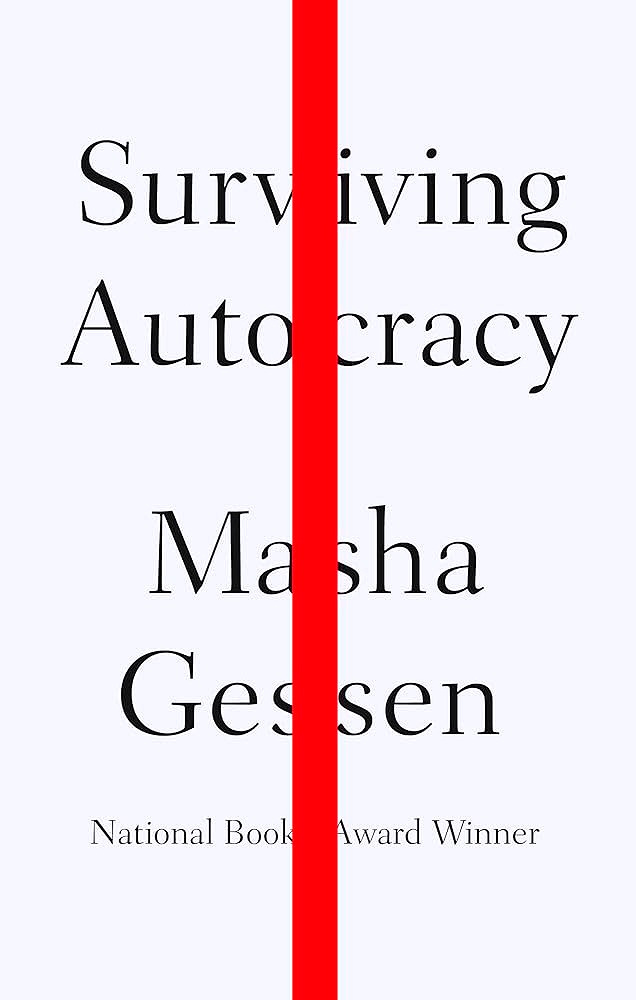The Architecture of Certainty
Arie Kruglanski and the Psychology of Authoritarian Thought
Listen While You Read: “Dark Star” by Grateful Dead
I. The Epistemology of Closure
What is authoritarianism but a nervous tick of the human mind? Arie Kruglanski—one of the rare psychologists brave enough to stare directly into the abyss of certainty—argues it is not primarily a moral failing or ideological virus but a deeper epistemic hunger. He reframes the authoritarian impulse not as the disease of “bad people” but as the ordinary human craving for closure in a world that never stops throwing riddles at us.
Forget Adorno’s cold war autopsy of authoritarian personality types, those tidy diagnostic checklists of fascist pathology. Kruglanski digs further down: into the human need for definite answers, the desperate aversion to ambiguity. The authoritarian is not some mutant freak of history, but a mirror of ourselves when doubt feels unbearable. Certainty becomes the drug, ideology the dealer, and democracy the casualty.
II. The Need for Cognitive Closure
Kruglanski calls it “need for closure.” Sounds clinical. But it’s as primal as the rustle in the grass: predator or wind? The wrong hesitation could get you killed. Certainty, evolution, whispers, keeps you alive. Yet in a world not of sabrertooths but of stock markets, pandemics, and collapsing empires, this same survival reflex makes us easy prey for strongmen and prophets who peddle clarity like snake oil.
The deal is simple: the leader offers the gift of certainty—order, tradition, the map of the cosmos reduced to one dogmatic page—and the follower offers their autonomy in return. No more doubt, no more agonizing over complexity. The epistemic contract is signed in silence: think less, obey more.
III. The Seductions of Simplicity
Certainty has a flavor—sweet at first, toxic in time. High need-for-closure types collapse the world into binaries: good/evil, us/them, clean/dirty. Nuance dies in the streets. Add to that the “seizing and freezing” instinct Kruglanski describes—the tendency to lunge at the first explanation and guard it like gospel—and you’ve got the psychology of dogma in a nutshell.
Truth, under authoritarian conditions, isn’t pursued. It’s barricaded. Dissent doesn’t just offend; it destabilizes the entire psychic architecture. Outgroups, alternative ways of being, foreign gods—all are existential threats, not because they wield power but because they whisper the possibility that certainty itself is a lie.
IV. Context: How Democracies Slide
Authoritarianism isn’t born only in the cruel hearts of tyrants; it blossoms in the weary, overworked brains of citizens under duress. Kruglanski shows how situational factors—time, pressure, fatigue, crisis, threat—push the human psyche toward closure-seeking. The ordinary voter, desperate for stability, becomes ripe for the demagogue’s sermon.
History proves this: Weimar Germany, 9/11 America, pandemic-era everywhere. The masses weren’t all secret fascists; they were exhausted minds begging for epistemic anesthesia.
V. The Paradox of Certainty
Here’s the great joke of it all: the pursuit of certainty makes us stupider. The authoritarian mind achieves “knowledge” not by investigation but by suffocation—cutting off questions at the root. Socrates taught wisdom through the confession of ignorance; authoritarian epistemology reverses this, shouting confidence precisely where understand is shallowest.
Certainty becomes the graveyard of curiosity. The open society, as Karl Popper warned, collapses into the closed. Fallibilism—the democratic recognition that we might be wrong—becomes intolerable.
VI. Democracy’s Burden
Democracy institutionalizes uncertainty. Elections are provisional. Pluralism guarantees disagreement. Deliberation is endless. Living under such conditions requires what Keats called negative capability: the stomach for ambiguity without running to false idols. It’s hard work, exhausting work, and authoritarian movements win precisely because they offer relief. Stop thinking. We’ll handle it.
VII. Group Certainty
Closure doesn’t just soothe individuals—it binds groups. Shared reality, Kruglanski argues, is a narcotic. Dissenters are dangerous not because they betray the state but because they fracture the collective hallucination. That’s why authoritarian regimes hunt heretics more viciously than enemies: one internal crack reintroduces doubt.
Manufactured threats—immigrants, outsiders, traitors—keep the epistemic walls intact. As long as the mob feels endangered, its need for group certainty outweighs its tolerance for freedom.
VIII. Radicalization and Significance
Add another chemical to the mix: significance. People don’t just want certainty; they want to matter. Kruglanski shows how humiliation, irrelevance, and loss make individuals ripe for radicalization. The authoritarian movement offers not only answers but purpose: suddenly your life is part of a cosmic struggle. You aren’t a failed nobody—you’re a soldier in destiny’s army.
Terrorism, extremism, holy wars—all become existential shortcuts to meaning. Instant significance. Just add ideology.
IX. Between Dogmatism and Relativism
The philosophical temptation here is to sink into despair: if all certainty is psychological, is truth just another trick of the mind? Kruglanski resists. The antidote isn’t nihilism, but fallibilism. Truth exists, but all our claims to it are provisional. The middle path is to act as if we’re right, while staying open to being wrong. A discipline of humility.
This is the hardest epistemic stance—walking between dogmatism’s iron fist and relativism’s swamp. Yet it’s also the only stance that makes democracy sustainable.
X. Resisting Authoritarianism
If authoritarianism is an epistemic addiction, then resistance is epistemic rehab. Education must train us not to cling to answers but to dwell in the tension of questions. Political leaders must resist the urge to peddle false simplicity. Institutions must safeguard pluralism even when crisis tempts us to collapse into homogeneity.
We must learn—against our evolutionary wiring—to live with doubt.
XI. The Tragedy of Certainty
The tragedy is baked in: we are animals craving certainty in a universe that refuses to yield it. The same instinct that once saved our ancestors now sells us to demagogues. Certainty comforts us in the short term, but rots our societies long term.
The task, then, is not to kill this need but to tame it. To let closure rest in foundational commitments—human dignity, democratic procedure—while letting everything else remain provisional. Uncertainty must become bearable if freedom is to survive.
XII. Conclusion: Learning to Live with Unknowing
Kruglanski’s legacy is brutal and clear: authoritarianism is not an aberration but a latent possibility in all of us. It flares whenever uncertainty overwhelms. It will always return. But so will the antidote: the courage to think without guarantees, to admit ignorance, to make peace with the open-endedness of truth.
Democracy is not just a political system—it is an epistemic discipline. Its citizens must cultivate the most difficult virtue: comfort with uncertainty. In the end, the battle between democracy and authoritarianism is not just fought in the streets or the ballot box but in the human psyche.
The question is simple, terrifying, and eternal: Can we learn to live without certainty, or will we always sell our freedom for the false relief of closure?
Recommended Reading: Authoritarianism, Certainty, and the Human Mind
The Origins of Totalitarianism (1951) by Hannah Arendt—
The ur-text of modern political pathology. Arendt dissects how totalitarian regimes manufacture a shared reality, where ideology becomes more real than fact. Essential for seeing how epistemic closure scales to empire.The Authoritarian Personality (1950) by Theodor W. Adorno et al.—
A pioneering attempt to map authoritarianism onto personality traits. Outdated in spots, but historically vital—the psychological blueprint that Kruglanski later refined into a theory of closure.Escape from Freedom (1941) by Erich Fromm—
Fromm saw it first: when freedom is unbearable, people flee into obedience. A brilliant psychoanalytic rendering of why autonomy terrifies as much as it liberates.The Concept of Anxiety (1844) by Søren Kierkegaard—
The Danish melancholic saint of dread. Kierkegaard understood that the human condition is anxiety, and that certainty is often a cheap trick to silence it.Being and Nothingness (1943) by Jean-Paul Sartre—
Existentialist dynamite: freedom is nauseating, certainty is illusion, and authenticity means dwelling in ambiguity. Not for the faint of heart—but a necessary antidote to epistemic authoritarianism.The Myth of Sisyphus (1942) by Albert Camus—
Camus teaches us to love the absurd, to embrace uncertainty as the very condition of human dignity. Where the authoritarian mind seeks final answers, Camus laughs and keeps pushing the boulder.On Tyranny: Twenty Lessons from the Twentieth Century (2017) by Timothy Snyder—
A slim, sharp handbook for resisting authoritarian drift. Practical advice rooted in history’s darkest experiments.How Fascism Works: The Politics of Us and Them (2018) by Jason Stanley—
A modern philosopher’s autopsy of fascist logic—how language, propaganda, and epistemic shortcuts are weaponized into political poison.Surviving Autocracy (2020) by Masha Gessen—
Journalistic testimony to life under creeping authoritarianism. Gessen’s sharp, fearless analysis shows how truth itself gets reshaped by power.



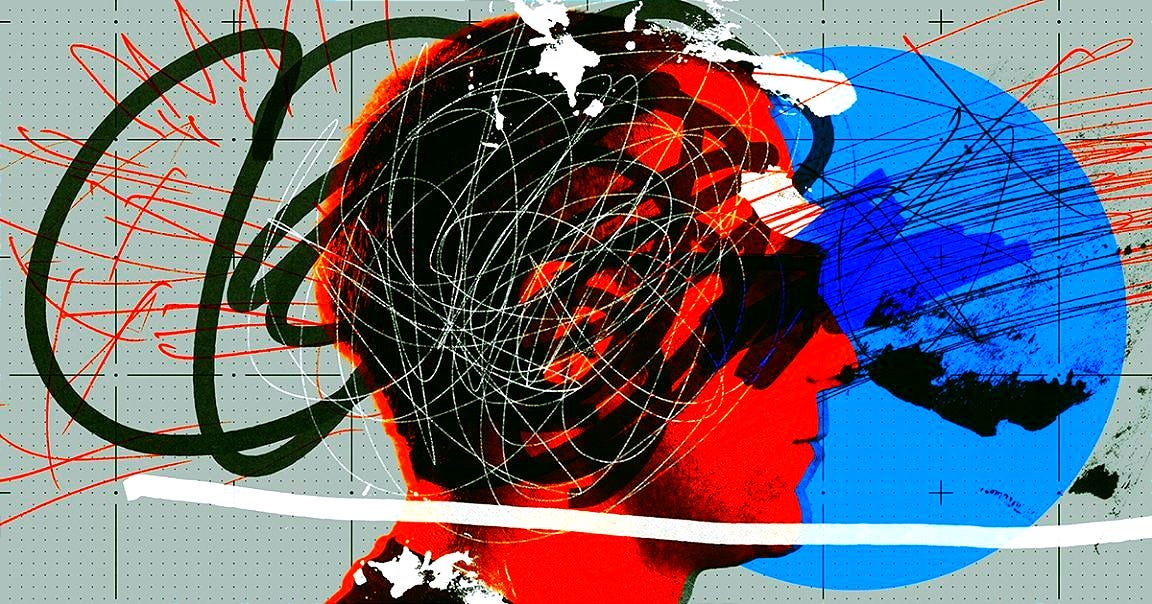
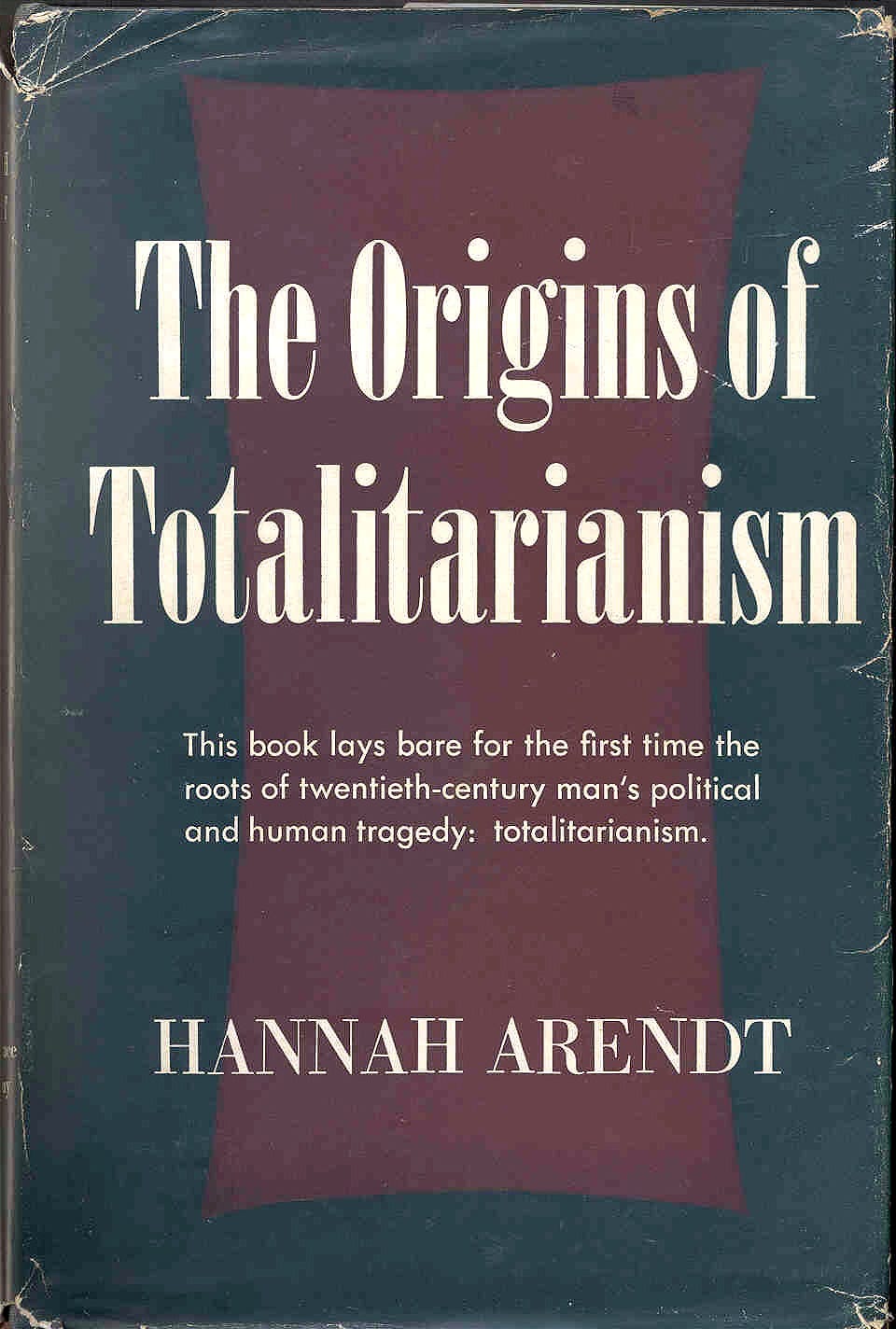
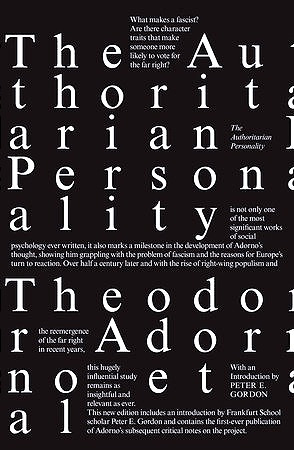
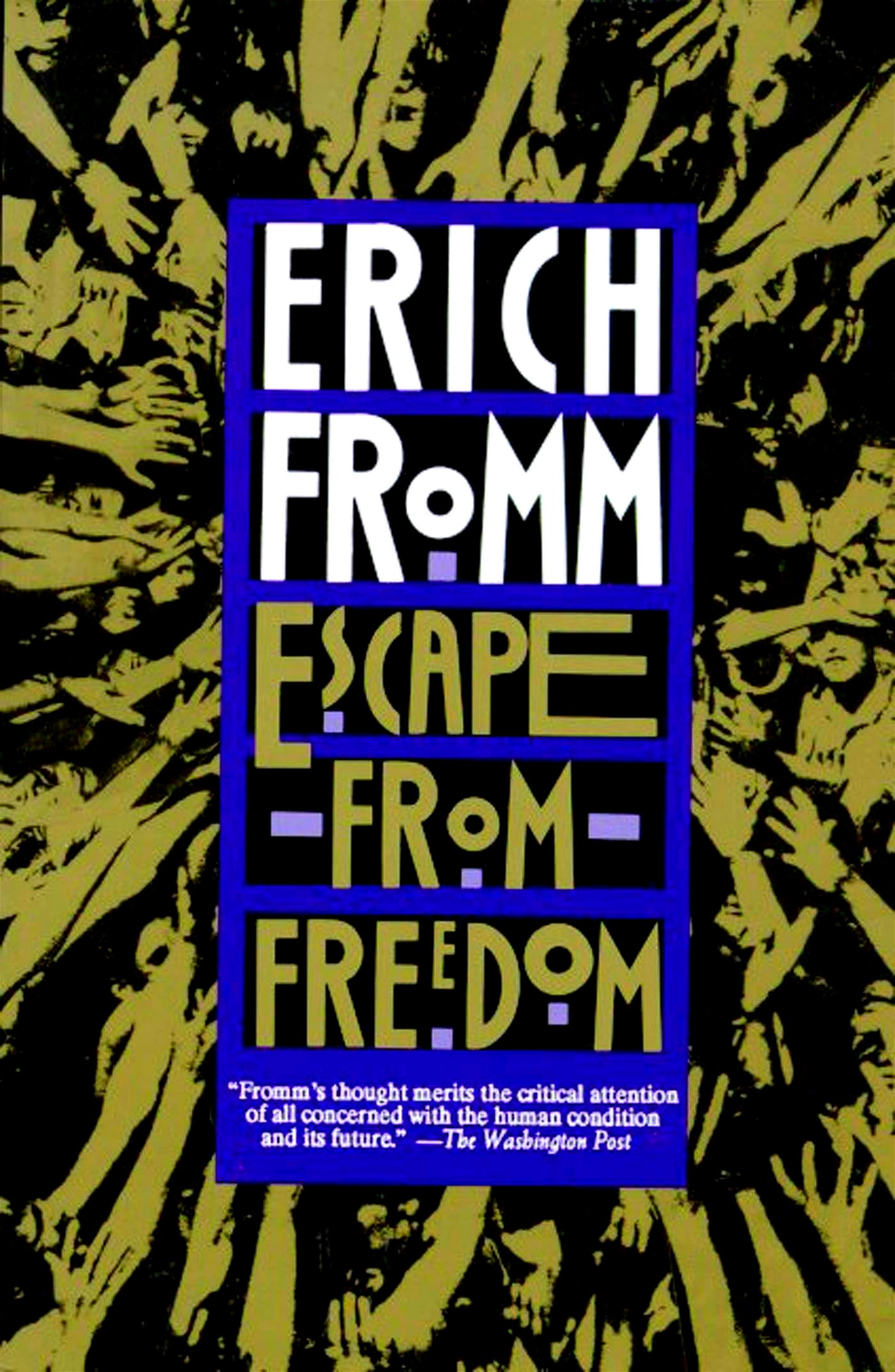
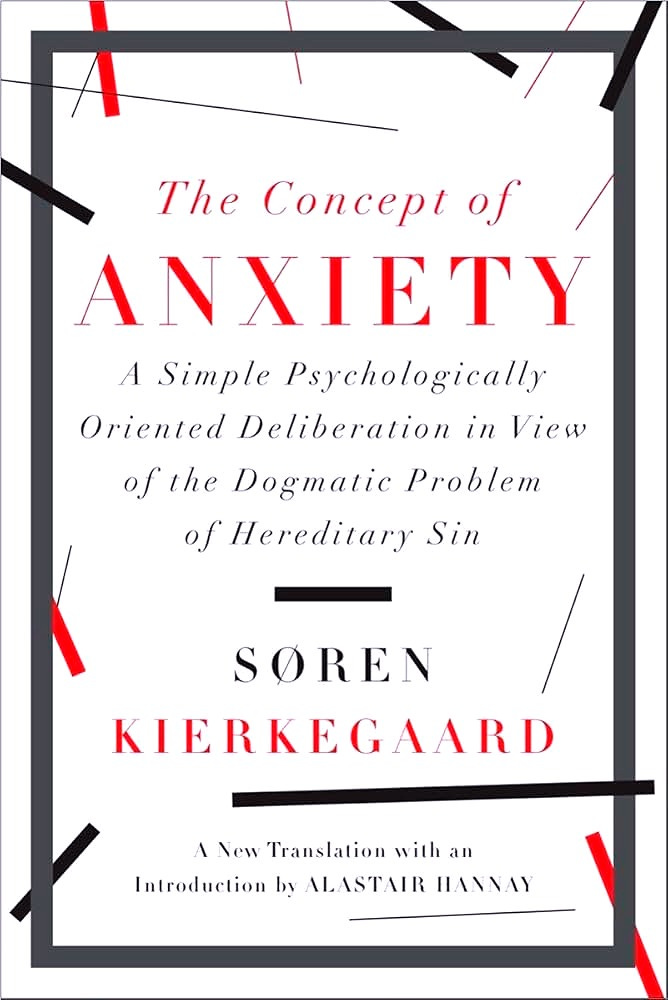
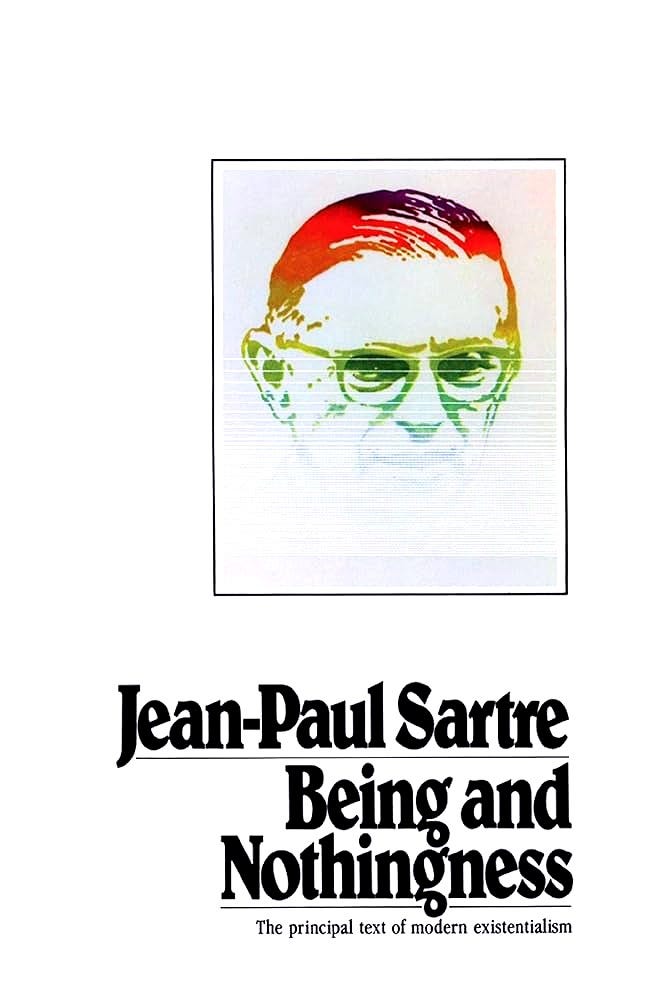
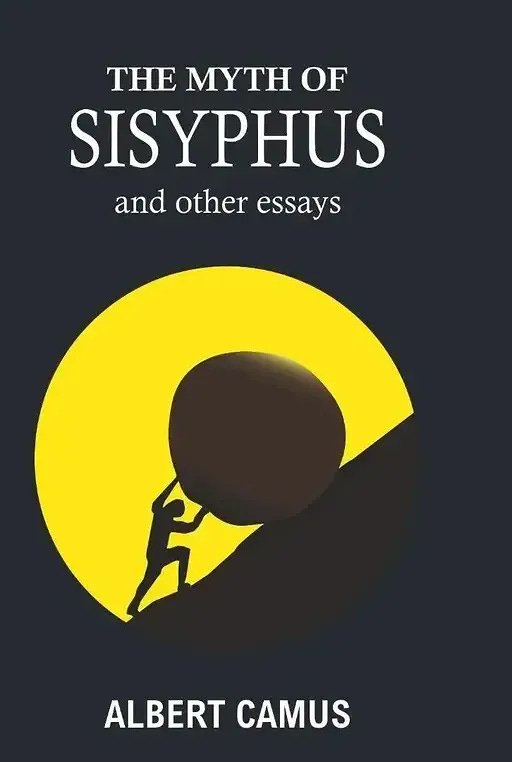
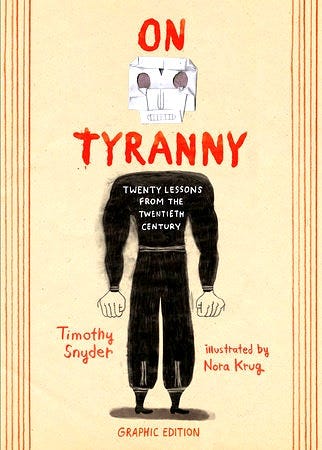
![Hardcover] [Jason Stanley] How Fascism Works: The Politics of Us and Them: ArtWorld: Amazon.com: Office Products Hardcover] [Jason Stanley] How Fascism Works: The Politics of Us and Them: ArtWorld: Amazon.com: Office Products](https://substackcdn.com/image/fetch/$s_!d0sL!,w_1456,c_limit,f_auto,q_auto:good,fl_progressive:steep/https%3A%2F%2Fsubstack-post-media.s3.amazonaws.com%2Fpublic%2Fimages%2F61bd04bc-1f28-44ec-8550-9db65a40d7ee_662x1000.jpeg)
